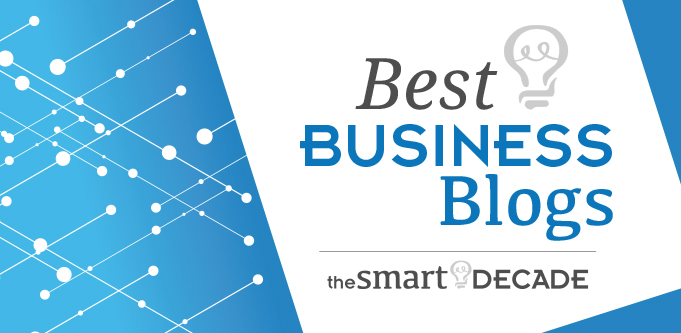Ecommerce revenue goals help you grow.
We deem success for our clients as hitting or exceeding agreed revenue-focused goals over a specified time period. Often new or prospective clients haven’t got a clue what that target may be, so we often have to help. Both avenues to success, with lead-gen and retail, are still based on the fundamentals of great user experience.
What I learned
- How do you attribute success?
- Why we prefer revenue-based goals.
- Treat lead-gen the same.
- Make UX the priority.
Transcript
Hey, welcome back Rankers, how you going? I’ve been sharing some of our results recently on LinkedIn and in a few other places, and I’ve had some interesting questions. Mark Lowe, Damian Elsing, Alex Crouch, thank you for asking the questions. Some of them were revolving around, “Well, what do you attribute the success to of the clients and the results that you’re getting?” And for us, it’s simply the main thing, apart from having great clients who are willing to work with you, the other part is focusing on revenue or having revenue-based goals as a focus, like getting a return on the ad spend that the client wants, like having monthly revenue targets. And I spoke to someone this week who wants to come on as a client, but they don’t have revenue targets. So we’re going to have to set them.
What are your targets?
And sometimes that can be scary for us. And sometimes the clients don’t believe us. So it’s great to get emails like this from a client when we started doing ads, November last year, but he’s just taken the last quarter’s figures and thrown them in my face and said, “This is awesome.” This is just the ads, but it’s up 103% revenue for the same quarter last year. We’ve spent 2.5% less, so we made an extra couple of hundred grand by spending a thousand dollars less or something like that. Your CPC’s down. The goal for this client was a 20% growth year over year across the whole site, not just ads obviously, where I think we’re 26, 27% up, something like that. Plus then maintaining at least a thousand percent return on the ad spend. And every client’s a little bit different, but for this client, that’s the goal.
Lead gen site, it’s a bit different, but the transaction is still the same. The things that are stopping people transacting on your site, the things that are stopping people making phone calls, or filling out forms are the same things as people that don’t buy things from websites. It’s the same horrible experience for the user. So we use a lot of SEO tasks to improve that experience for the user. And that’s what we’ve learned over the years, because we’ve learned that as SEO gets better on the site, ads perform better, direct traffic performs better, email traffic performs… Everything performs better. Makes sense. That’s what Google is trying to do, which means they’re going to reward sites that have great user experience.
Forget rankings and metrics
So when we focus on that and we’re not focusing on rankings and we’re not focusing on metrics that don’t really matter to the client, because at the end of the day, all they want is more sales. Then you can have frank discussions with the client about getting work done and about the things that you should be focusing on. Sometimes that’s difficult, but as you can see with this client, not, because some… And this is one of the things that we do is we have to choose our clients very carefully because when we do, it works like this and everyone’s happy and we have a good life and there’s less stress in your life. So what I would say to you if you’re a retailer, make sure you’re focusing on the right metrics. Once again, try to buy something off your site.
If you’d like a review of your site, review of your ads, a free report, then obviously hit us up. We don’t take on everyone, as I said last week. The client has to be a right fit for us and we have to be a right fit for the client. And we’re not interested in taking anyone on unless we can make a significant difference. Fortunately for us, there’s a lot of sites out there that are underperforming, and this comes from 20 years of web design that hasn’t really evolved to take into account how people shop online. We’ve forgotten some of the basics of offline, and that’s why we do the mystery shopping. Hopefully that’s helpful. See you next week. Please share, comment, subscribe, and follow me on LinkedIn and Twitter and YouTube. Not so much on Facebook these days. A little bit, but not as much. Hopefully that’s helpful. See you next week. Thanks very much. Bye.

Jim’s been here for a while, you know who he is.


